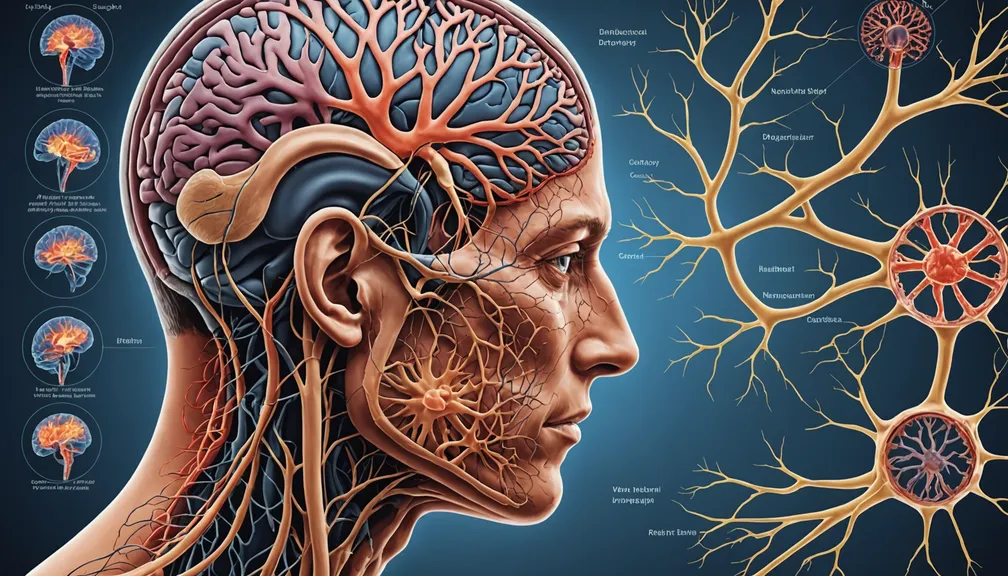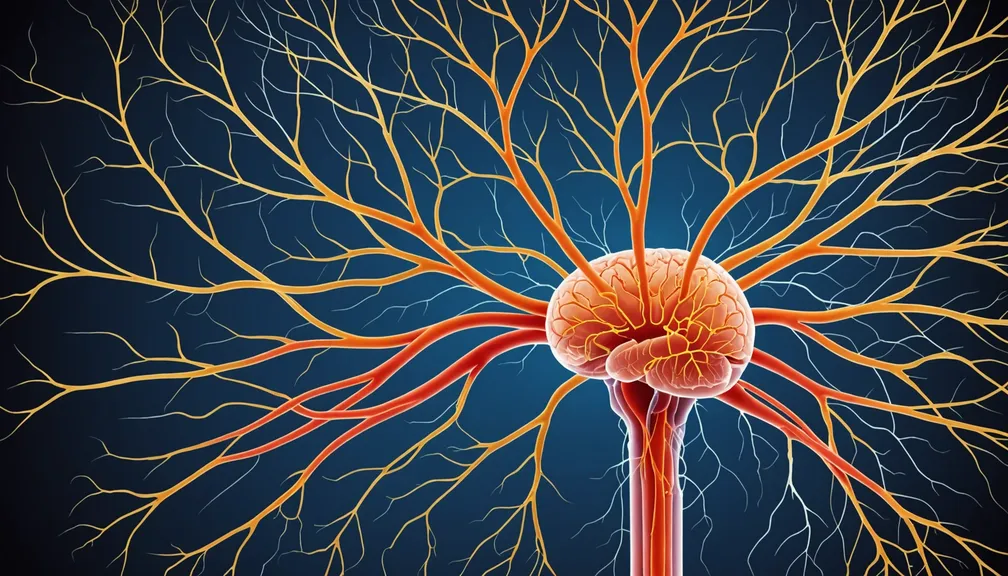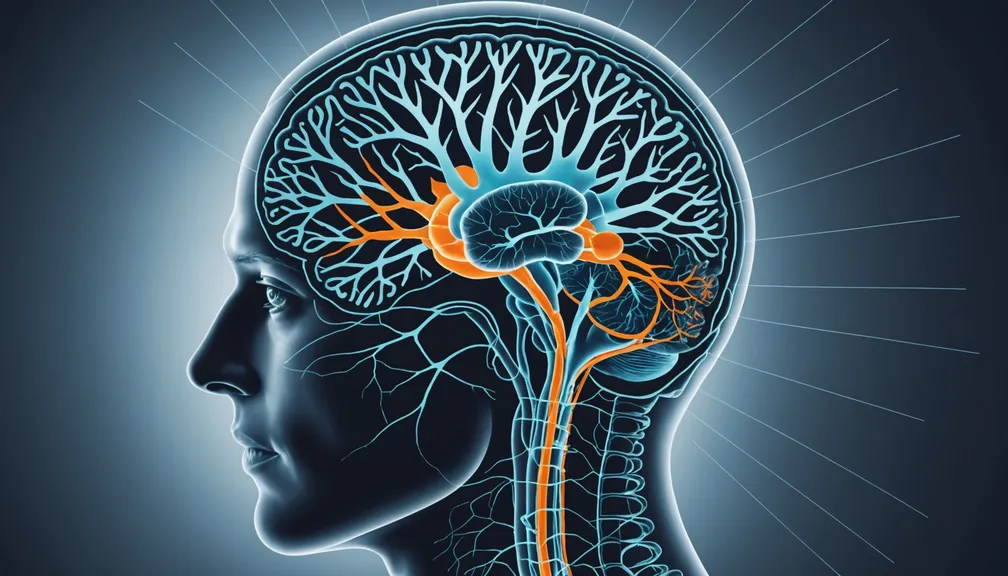Treatment Options: Medications, Therapies, and Surgical Interventions
Understanding the various treatment options available for rare neurological disorders can empower you and your loved ones to make informed decisions about managing the condition. Below, we explore the main categories of treatments, including medications, therapies, and surgical interventions.
Medications
Medications play a crucial role in managing symptoms and slowing the progression of rare neurological disorders. They can help alleviate pain, improve nerve function, and enhance the quality of life.
- Types of Medications:
- Anticonvulsants: Used to control seizures in disorders like epilepsy.
- Muscle Relaxants: Help reduce muscle stiffness and spasms.
- Pain Relievers: Manage chronic pain associated with neurological conditions.
- Anti-inflammatory Drugs: Reduce inflammation in the nervous system.
-
Immunosuppressants: Used in autoimmune neurological disorders to calm the immune system.
-
Benefits:
- Relief from specific symptoms such as pain, spasticity, and seizures.
- Slowing disease progression in some conditions.
-
Improving daily functioning and independence.
-
Possible Side Effects:
- Drowsiness or dizziness
- Nausea or vomiting
- Weight gain or loss
- Mood changes
-
It's essential to discuss potential side effects with your healthcare provider and report any adverse reactions.
-
Importance of Adherence:
- Taking medications as prescribed ensures maximum effectiveness.
- Skipping doses can lead to worsening symptoms or complications.
Therapies
Therapeutic interventions are vital for maintaining and improving physical, cognitive, and emotional functions. They are tailored to individual needs and can significantly enhance the quality of life.
Physical Therapy
- Purpose: Improves mobility, strength, and coordination.
- Activities: Exercises to enhance flexibility, balance, and muscle strength.
- Benefits: Increases independence, reduces the risk of falls, and alleviates pain.
Occupational Therapy
- Purpose: Assists in performing daily activities.
- Activities: Training in self-care tasks, use of adaptive equipment, and home modifications.
- Benefits: Enhances ability to manage daily life, promotes independence, and improves fine motor skills.
Speech Therapy
- Purpose: Addresses communication and swallowing difficulties.
- Activities: Exercises to improve speech clarity, language skills, and safe swallowing techniques.
- Benefits: Enhances communication abilities, reduces the risk of choking, and improves social interactions.
Cognitive Behavioral Therapy (CBT)
- Purpose: Supports mental health and emotional well-being.
- Activities: Techniques to manage stress, anxiety, and depression.
- Benefits: Improves coping strategies, enhances mood, and supports overall mental health.
Surgical Interventions
In some cases, surgical procedures may be necessary to manage symptoms or correct underlying issues in rare neurological disorders.
- Types of Surgeries:
- Deep Brain Stimulation (DBS): Implants electrodes in specific brain areas to regulate abnormal impulses.
- Spinal Surgery: Corrects spinal alignment or alleviates pressure on nerves.
- Neurolysis: Relieves nerve compression.
-
Tumor Removal: Eliminates brain or spinal cord tumors.
-
When Surgery is Considered:
- When medications and therapies do not sufficiently manage symptoms.
- To address structural issues affecting the nervous system.
-
To improve mobility or reduce pain.
-
Benefits:
- Can provide significant symptom relief.
- May halt or slow disease progression.
-
Improves quality of life in certain cases.
-
Risks:
- Surgical complications such as infection or bleeding.
- Potential changes in neurological function.
- Recovery time and rehabilitation requirements.
Supportive Care
In addition to medications, therapies, and surgeries, supportive care is integral to managing a rare neurological disorder.
- Pain Management: Strategies to alleviate chronic pain, including medications and alternative therapies like acupuncture.
- Psychological Support: Counseling and support groups to address emotional and mental health challenges.
- Nutritional Support: Dietary plans to maintain health and manage symptoms.
- Palliative Care: Focuses on relieving symptoms and improving quality of life.
Healthcare Professionals Who Can Help
Managing a rare neurological disorder often requires a team of specialists. Here are the types of doctors and health professionals who can support you:
- Neurologist: Specializes in the nervous system and manages medical treatments.
- Neurosurgeon: Performs surgical interventions on the brain, spinal cord, and nerves.
- Rehabilitation Specialist: Coordinates therapy services to improve functional abilities.
- Physical Therapist: Helps build strength and mobility.
- Occupational Therapist: Assists with daily activities and adaptive techniques.
- Speech Therapist: Addresses communication and swallowing issues.
- Psychologist or Counselor: Provides mental health support.
- Pain Specialist: Manages chronic pain through various treatments.
- Social Worker: Offers assistance with resources, support services, and care coordination.
Actionable Tips for Patients
- Communicate Openly: Share all your symptoms and concerns with your healthcare team.
- Stay Informed: Educate yourself about your condition and treatment options.
- Adhere to Treatment Plans: Follow your prescribed medications and therapy schedules.
- Seek Support: Connect with support groups and communities for emotional and practical assistance.
- Regular Check-ups: Attend all appointments to monitor your condition and adjust treatments as needed.






